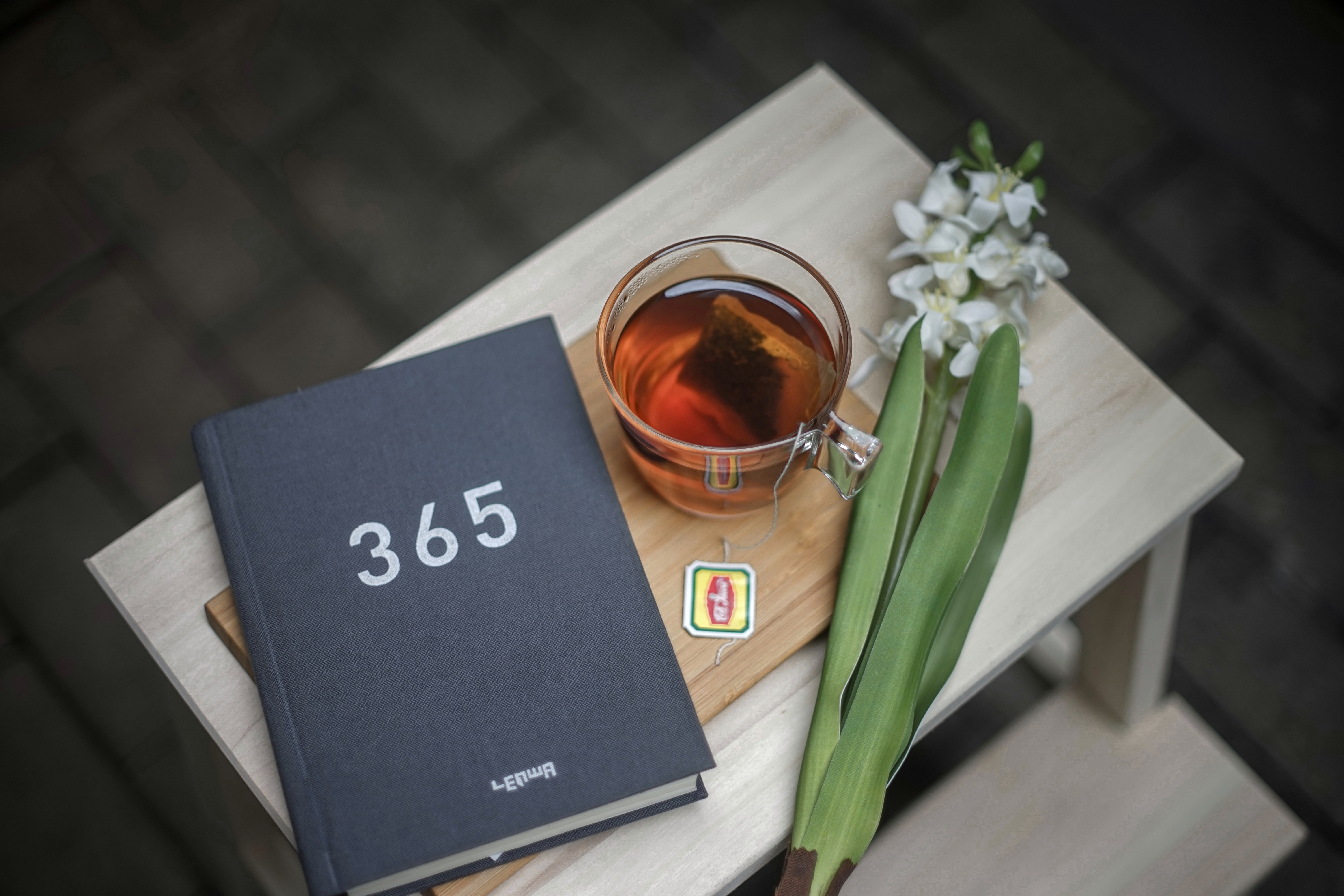
The Value Of Having Thick Skin
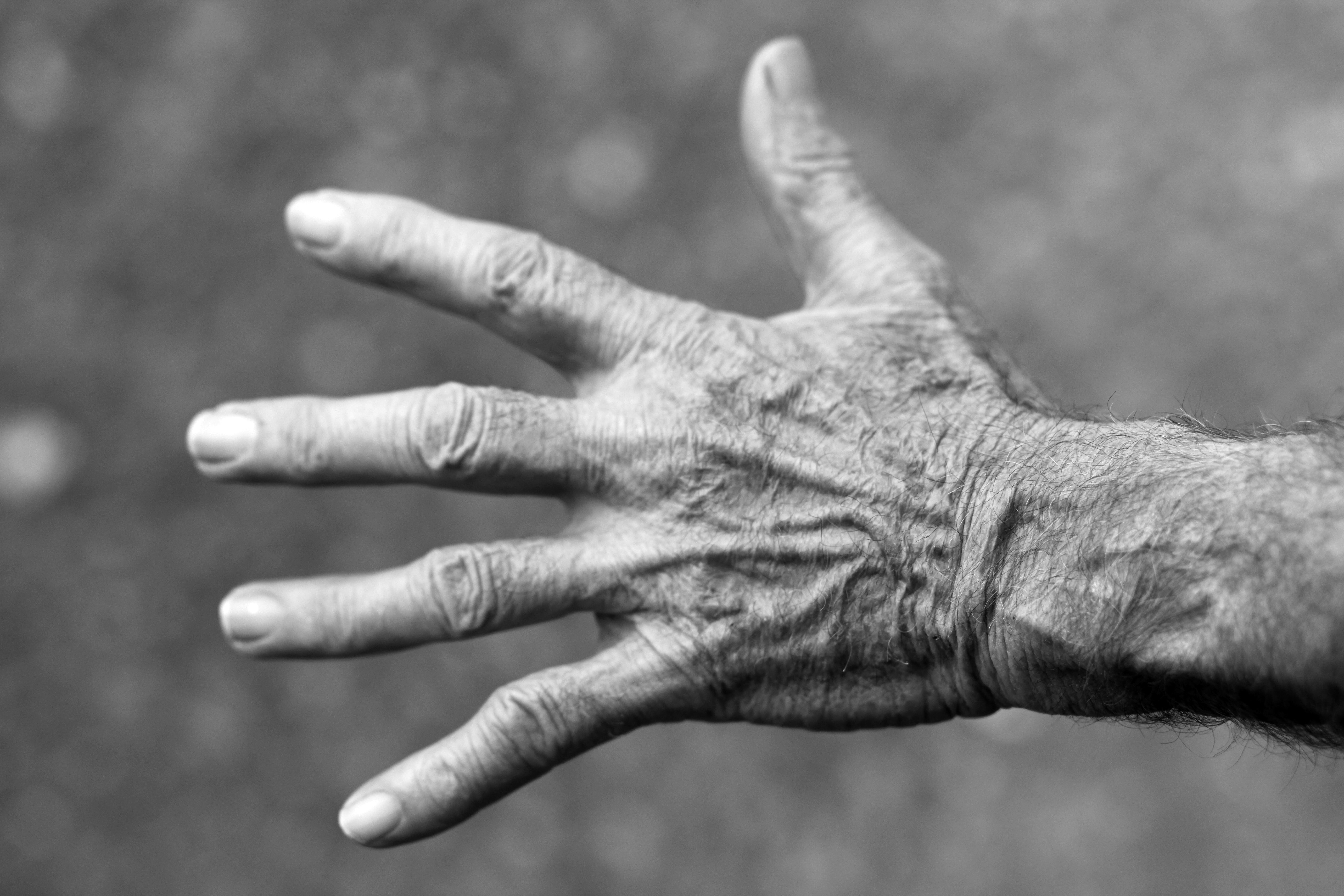
The human body is incredible in its design. If you take any inanimate object or material and subject it continually to abrasion, you’ll wear it down. But if you expose your hands continually to hard work, over time you’ll develop callouses. Theses patches of thick skin protect your hands from abrasion and other injuries-amazing! Isn’t it?
But the same holds true in our business. We may serve 100 clients, most of whom are raving fans. But if a few or even one of those clients is caustic, abrasive and cutting in their evaluation of our products and services, that tiny minority can wear away at our morale. That’s why we need to develop “thick skin” or “emotional callouses.”
Purely from a relation standpoint, having thick skin prevents us from taking offense at others easily. With thick skin we give people the benefit of the doubt We refrain from reading negativity into their comments and reactions. We let petty differences slide. With thick skin we’re easier to get along with.
Danger of Thin Skin
- Without those emotional callouses, we listen to the wrong people-the critics and complainers-and we grant them too much power in our lives.
- With thin skin, we become easily hurt and get side-tracked trying to defend ourselves or crawling off to lick our wounds.
- With thin skin, we try to protect ourselves by being everything to everyone – an impossible , counterproductive effort.
- We apply the band aid of diluting our vision, mission and values in a futile attempt to prevent future injuries.
Having thin skin makes us vulnerable and distracts us from what’s important. We need to acquire emotional callouses to prevent injury and make us more fit to wield the tools of our trade. Here are some tips for developing thick skin:
- Get your hands dirty and deal with abrasive people and situations head-on
Our gut reaction is to avoid the unpleasant. But remember, it’s through repeated, long-term use and abrasion that we form callouses. As a friend of used to say, “You can’t have the product without the process.” And in this case, the product is thick skin or callouses and the process is exposure to rough, tough situations. So, accept those abrasive situations. Recognize them as a normal part of life and deal with them head-on. - Focus on the positive majority
Don’t allow naysayers and those who talk stink to rob you of joy. It’s human nature to let that tiny minority ruin our day. Everyone else loves our products/services, but those one or two caustic individuals vie for our full attention. Without developing thick skin, we allow these critics, complainers, and naysayers to demoralize us. Instead, train yourself to discredit false our cruel data. Focus on the positive majority. Let them boost your joy and morale and press on.
Abraham Lincoln made famous a quote by John Lydgate that still holds true, “You can please some of the people all of the time, you can please all of the people some of the time, but you can’t please all of the people all of the time.” - Don’t let callouses give you an excuse for being calloused
A calloused hand can also be gentle. We don’t want to return abuse for abuse. Live above that. Having thick skin doesn’t mean that we are abrasive. Listen humbly to the contrarians. Make sure that you hear what they’re saying. You don’t want to miss any noble feedback. Then, be polite and kindly reject what’s not helpful. Don’t rub their nose in it. Just politely move on. - Reject fear and keep moving forward
Some abrasive people can be very cutting. They may be so vocal and vehement in their negative remarks that we find ourselves becoming fearful. And we begin to wonder. “Does everyone fell this way?” Fear like this can cripple us. David J. Schwartz, in The Magic of Thinking Big. Writes, “Fear is success enemy No. 1. Action cures fear.” That’s it; take action! Keep moving forward instead of giving in to fear. - Accept sound criticism regardless of its source
Some people come across as angry or accusatory even when giving good advice. We develop thick skin by overlooking the caustic demeanor of the messenger and accepting the good in their message. Thick skin comes with humility rather than lashing back in kind.
You can tell an experienced carpenter by the callouses on their hands. In much the same way, we need to develop those emotional callouses that protect and enable us to wield the tools of our trade effectively and with skill.
Read in my upcoming Blog how I can help you in your personal and business life.
Leave me a comment I’m curious to know how you strengthen your emotional callouses?



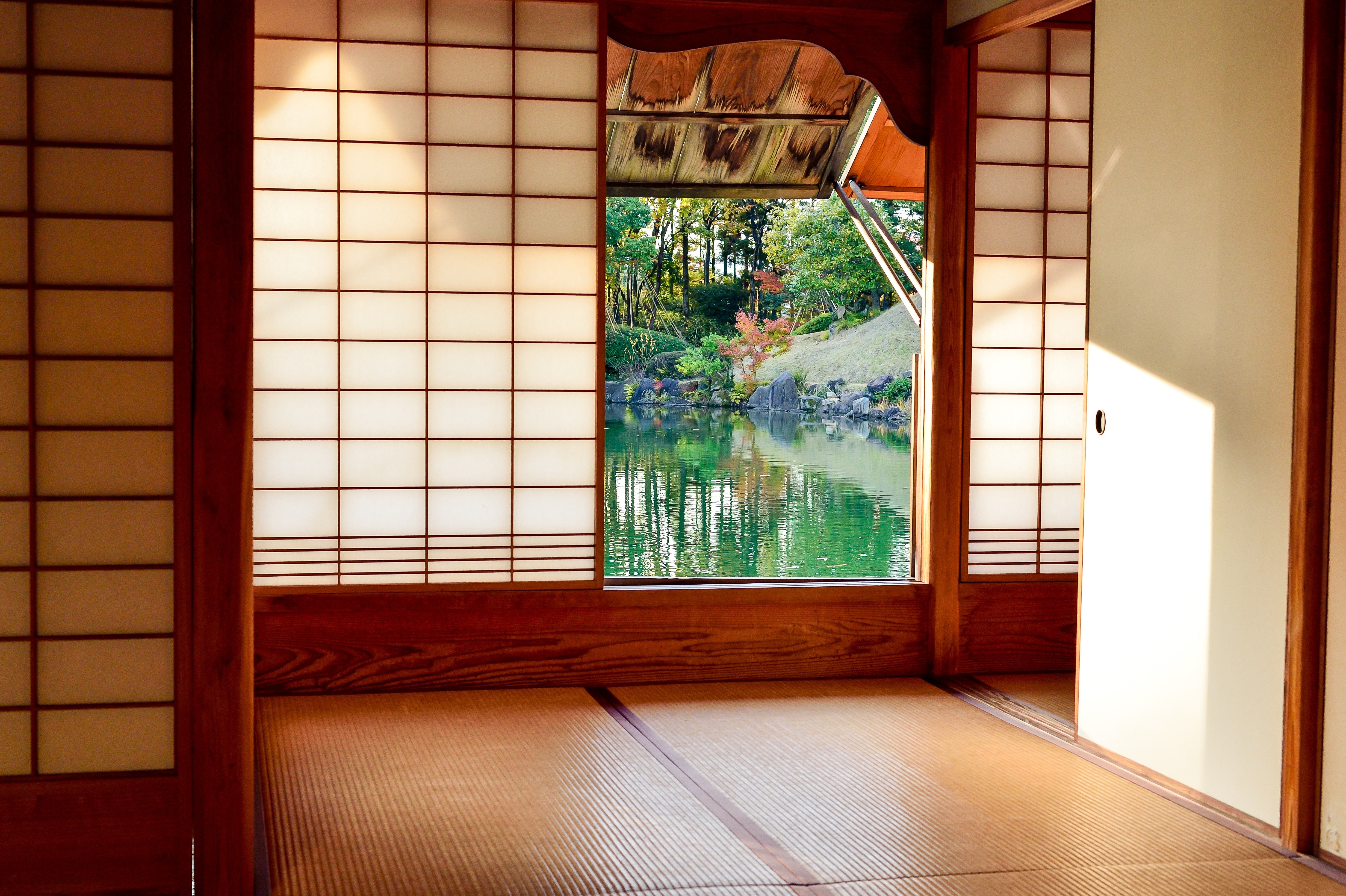


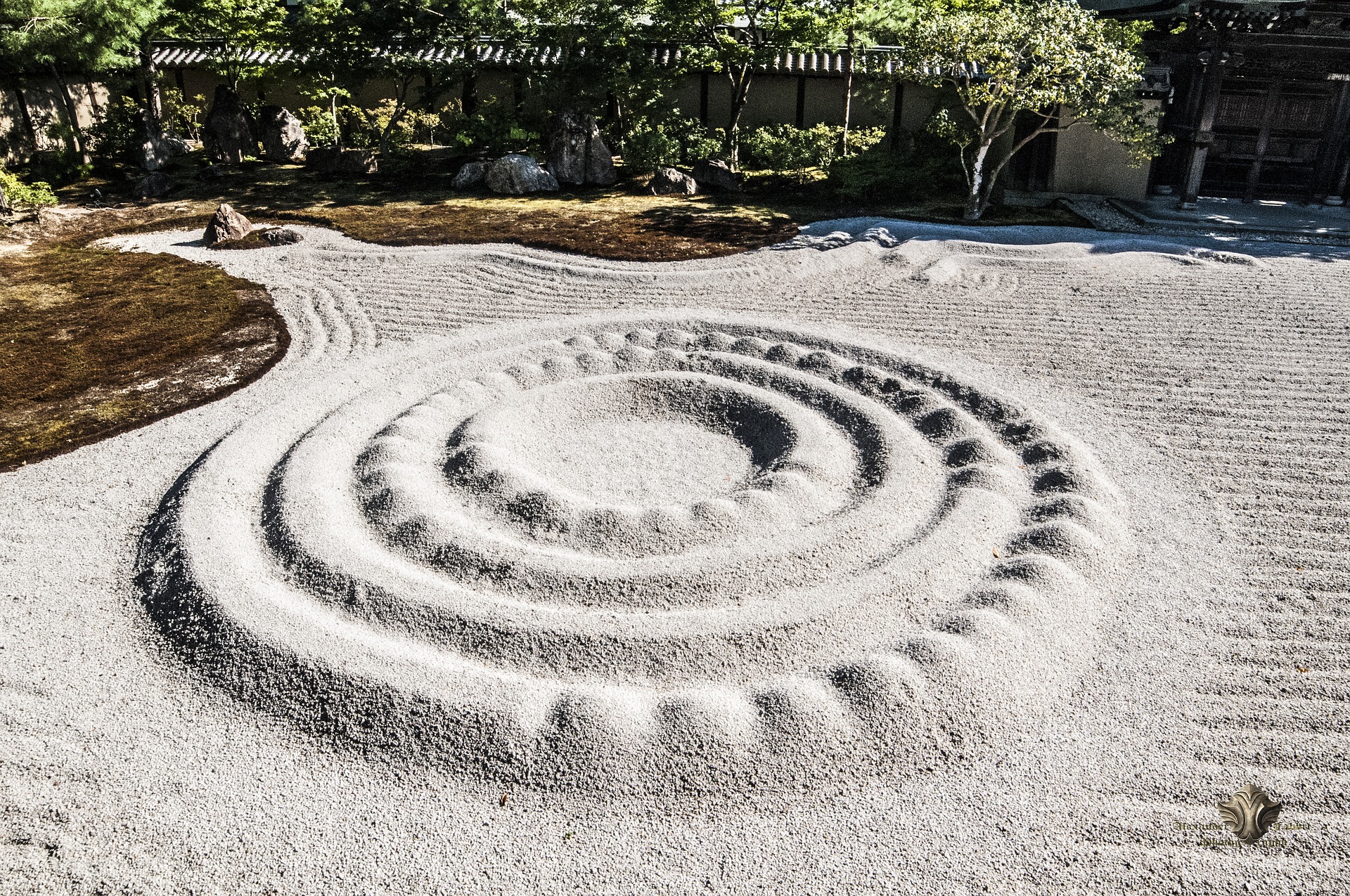


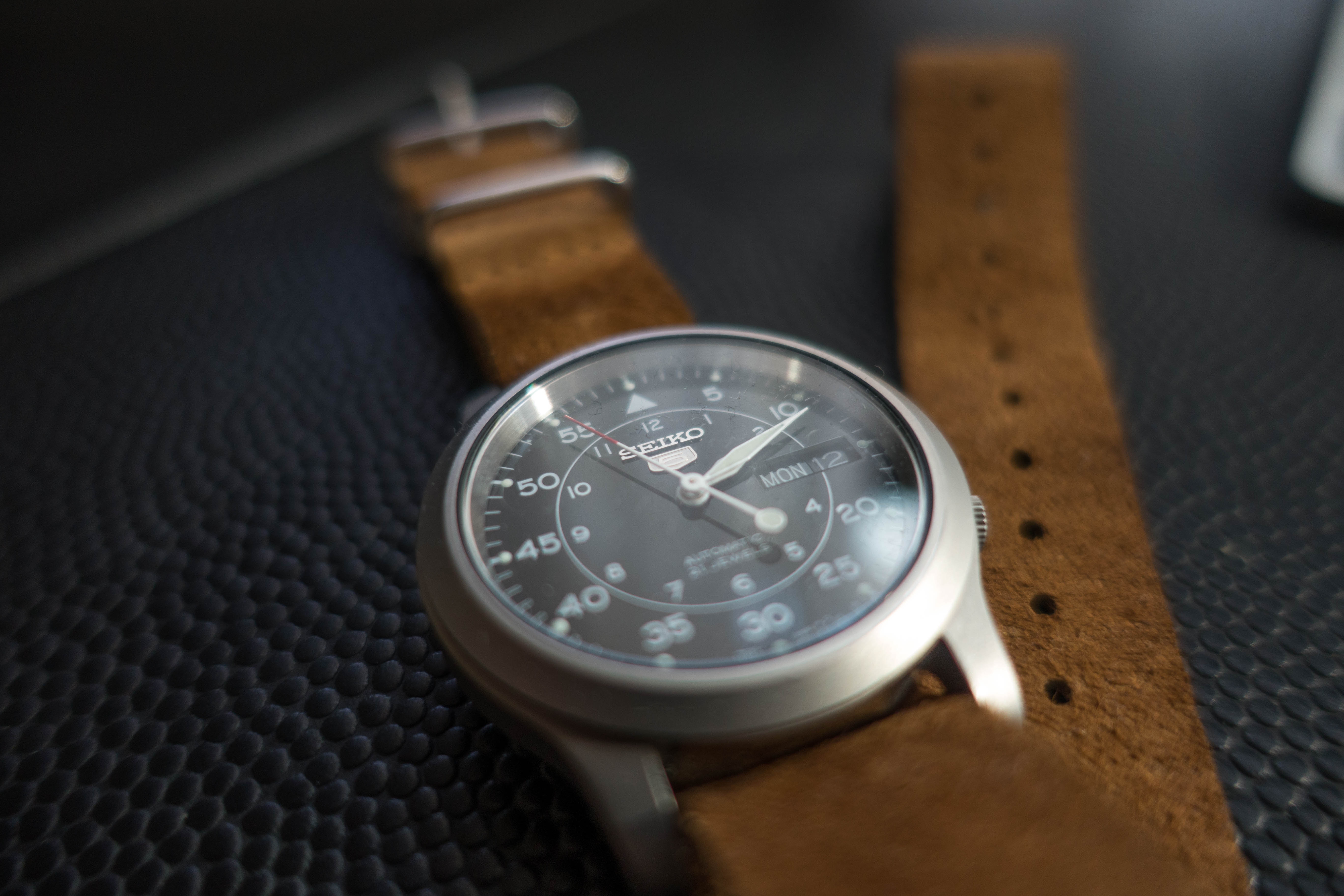
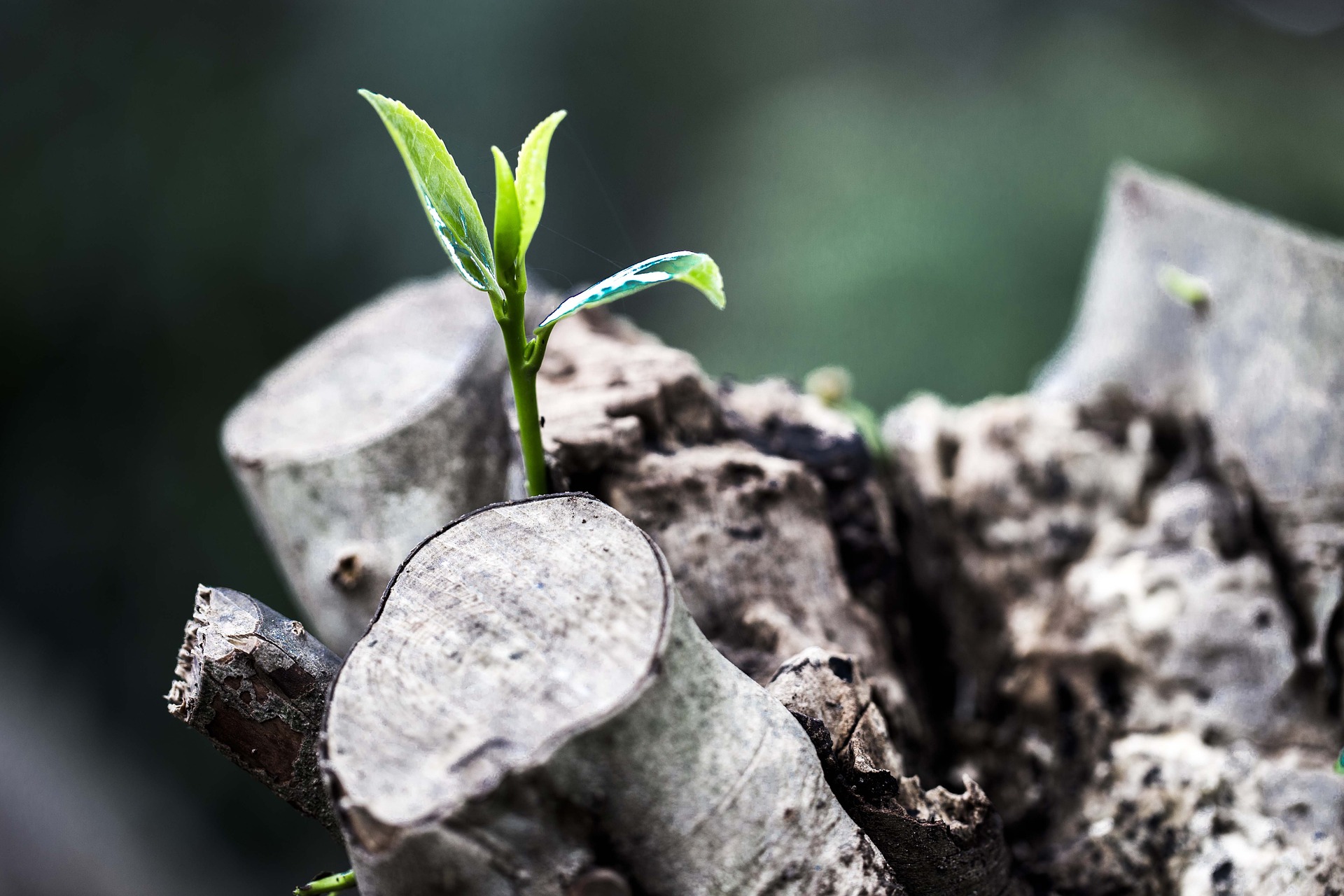




Recent Comments